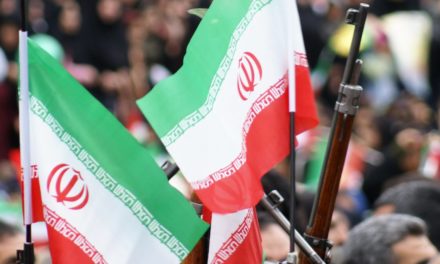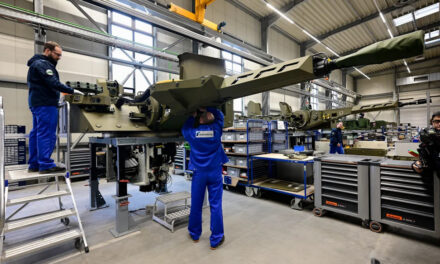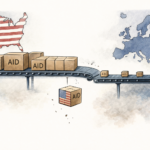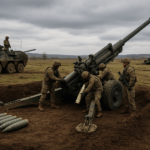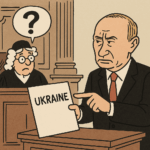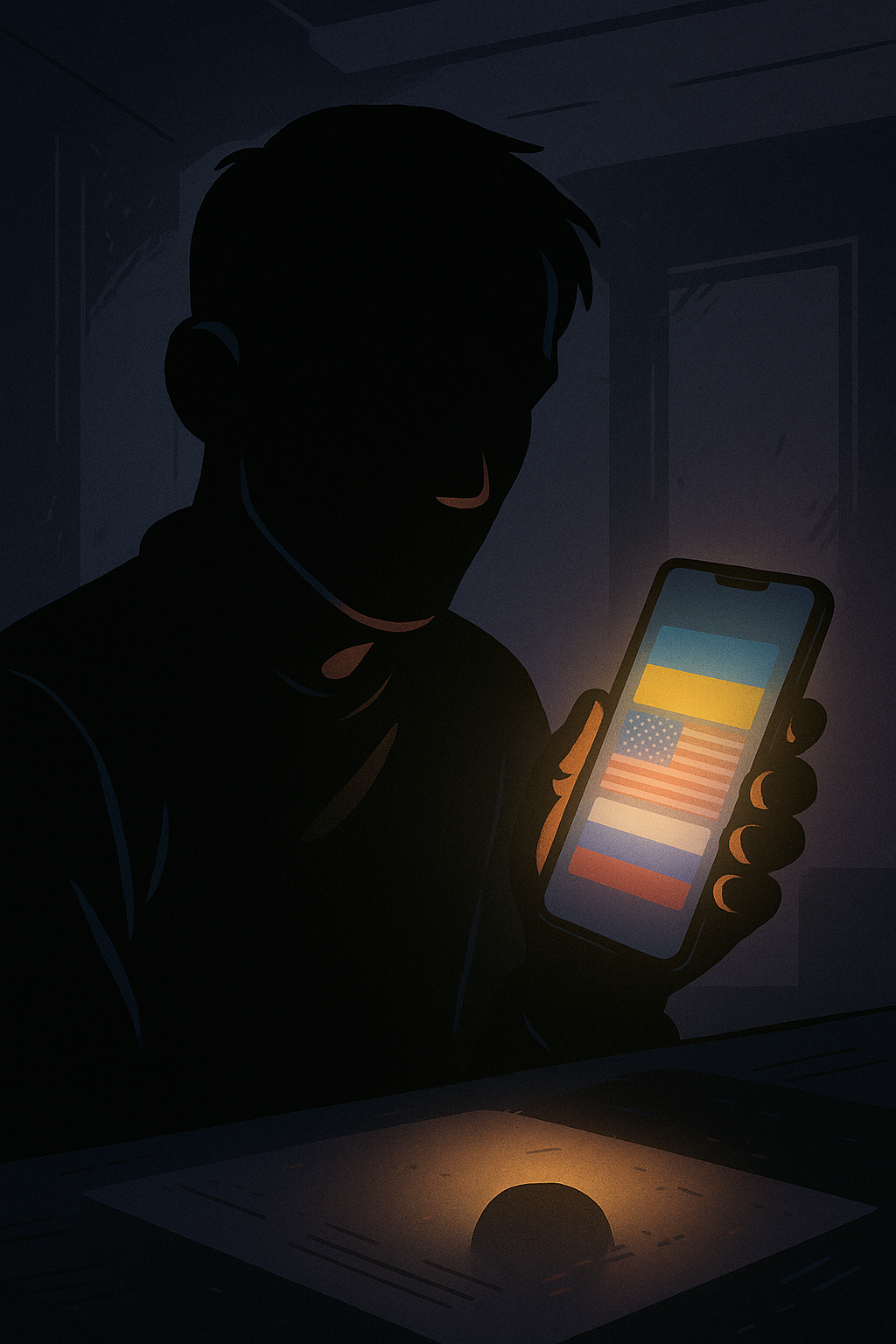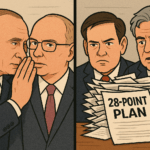In his keynote address at Chatham House titled “Building a better NATO,” Secretary General Mark Rutte sketches a blunt diagnosis of a far more hazardous security environment and lays out a program to make the Alliance “stronger, fairer and more lethal.” He frames the case for a ‘NATO-first’ approach that prioritizes Allied production, interoperability and readiness over purely national or EU-only schemes, arguing that credible deterrence now demands larger, faster and more coherent investments. On capability, he calls for a decisive ramp-up of defence industrial output and a long-term funding horizon so Allies can refill stockpiles, field more air and missile defence, and accelerate delivery of precision munitions, ISR and long-range fires. On fairness, he underscores that burden-sharing is not a talking point but a prerequisite for American trust and transatlantic cohesion; every Ally must treat defence as a core function of state, not a discretionary budget line. On lethality, he ties NATO’s credibility to warfighting competence—from integrated air and missile defence to readiness to fight tonight—backed by realistic training, resilient logistics, and secure digital and space infrastructure. Rutte situates Ukraine at the centre of this agenda: helping Ukraine survive, recover and prevail is integral to Europe’s security and to deterring further Russian aggression, and support must be structured, predictable and industrially sustainable rather than ad hoc. He also argues for a ‘quantum leap’ in Allied air and missile defence and a tighter alignment of procurement rules to shrink timelines, cut duplication and harden supply chains against authoritarian leverage. The speech’s through-line is that political unity, industrial mobilisation and operational realism are the indispensable ingredients of a “better NATO”—one that can deter a revanchist Russia, remain resilient under cyber, space and hybrid pressure, and reassure publics that collective defence remains both affordable and non-negotiable. In sum, Rutte urges Allies to move from episodic pledges to sustained delivery: spend more, produce more, integrate more—and do it together, inside NATO—so the Alliance can keep its people safe and keep adversaries at bay.
Mark Rutte’s “Building a Better NATO” vision at Chatham House


